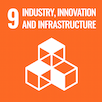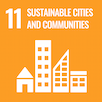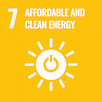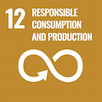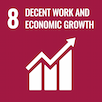Materiality
Through dialogues with its stakeholders, the COMSYS Group has identified material issues that it must address to meet the expectations of stakeholders and the demands of society.
Going forward, we will accelerate our management strategy and contribute to the creation of a sustainable society through our response to these material issues.
Process for Identifying Material Issues
The COMSYS Group has identified five material issues that are important to society, and that the Group should focus on. We regularly review these material issues, taking into account the business environment and social conditions, along with the issues set out in our medium-term management plan.
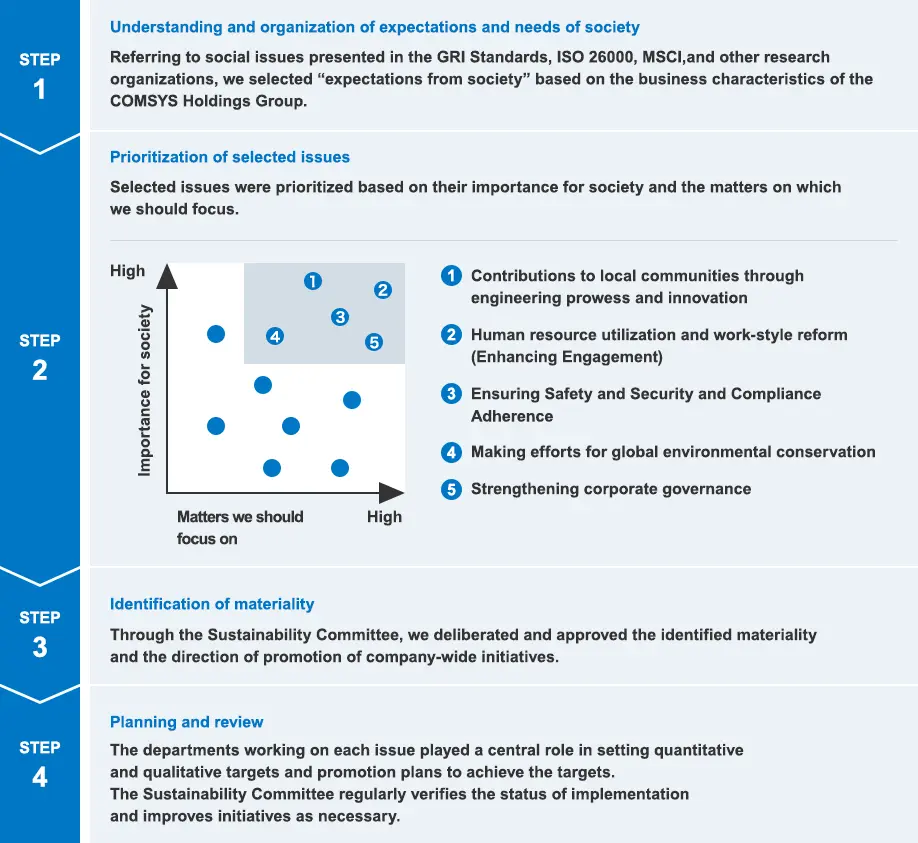


01. Contribution to society through engineering prowess and innovation
Contribute to solving social issues and promoting societal development through our business, and aim for business growth by swiftly responding to emerging needs.
- Obsolescence of engineering capabilities and decrease in opportunities to receive orders due to changes in market needs
- Decline in reliability and decrease in opportunities to receive orders due to inability to respond to regulatory and construction needs
- Expansion of our track record in supporting Japan's telecommunications infrastructure and increased level of trust from customers
- Expansion of peripheral businesses due to the diversification of market needs, contribution to the digital transformation (DX) of society, and growth of the company itself
- Enhance reliability through technological innovation and strengthened regulatory compliance
- Achieve business growth by responding to diverse needs
- Address social issues through business activities based on our corporate philosophy

02. Engaging in environmental conservation
Environmental issues are not only a shared challenge for all of humanity but are also closely tied to the sustainability of corporate activities. By addressing environmental conservation, we fulfill our corporate social responsibility while ensuring long-term growth and maintaining competitiveness.
- Short-term increase in costs due to energy-saving and GHG reduction measures
- Decrease in reliability and damage to brand and corporate value due to delays in environmental response
- Increased business opportunities and improved reliability due to increase in demand for renewable energy
- Improved operational efficiency and long-term cost savings through progress in decarbonization
- Improved reliability and reputation as a company committed to environmental conservation, leading to an increase in corporate value
- Achieve carbon neutrality
- Realize resource circulation
- Coexist with nature
- [Scope1 and 2]
FY2030: 42% reduction (baseline: FY2020)
FY2050: carbon neutrality - [Scope 3]
FY2030: 25% reduction
(baseline: FY2020) - Final disposal rate of industrial waste: 1.5% or less
- Green procurement rate: 90% or more
- Promoting environmentally conscious design and construction

03. Strengthening human resources and promoting flexible working
Employee engagement and flexible work styles that respect diversity are promoted. By establishing a supportive work environment and implementing systematic talent development, the aim is to secure exceptional talent, enhance competitiveness, and foster innovation.
- Rising attrition rates caused by decreased engagement
- Decline in competitiveness due to difficulty securing excellent human resources
- Strengthen competitiveness by securing excellent human resources
- Strengthen competitiveness through diversity of human resources and flexibility of work styles (promote innovation, increase productivity)
- Strengthen competitiveness through advanced technological capabilities that anticipate market needs and new technologies
- Foster organizational culture
- Pursue workplace comfort
- Optimize talent management
- Engagement score: Continuous improvement
- Paid leave utilization rate: 90%
- Paternity leave uptake rate among male employees: 100%
- Number of certified personnel*: Increase in certifications
- *Certifications specified by the company

04. Ensuring safety, security, and quality
Placing the highest priority on safety and security, the goal is to deliver high-quality services. Through rigorous quality management, value is provided to all stakeholders while enhancing customer satisfaction and achieving sustainable growth.
- Decreased reliability due to accidents and disasters caused by insufficient safety management
- Loss of trust due to failure to meet quality standards
- Improvement of the work environment through heightened safety awareness
- Improved reliability and satisfaction of all stakeholders, resulting in improved sustainability
- Ensure thorough safety management
- Pursue quality
- Zero fatalities or serious injuries
- Zero tolerance of industrial accidents
- Improvement of customer satisfaction

05. Advancement of governance
Based on a strong sense of ethics, efforts are made to achieve sound and transparent management while strengthening governance. This ensures remaining a company valued by society and aims to enhance corporate value.
- Decrease in trust from shareholders and investors due to a lack of management transparency
- Increased risk of management issues and losses due to insufficient risk management
- Increased costs associated with introducing systems and securing human resources to enhance organizational structure
- Improvement in corporate reliability and brand value through the strengthening of appropriate governance systems
- Improvement in external evaluation and corporate value due to increased sustainability through ESG management
- Strengthen compliance
- Enhance cybersecurity
- Promote respect for human rights
- Strengthen risk management and information disclosure
- Zero major compliance violations
- Zero major security incidents
- Fostering and practicing a culture of respect for human rights
- Promoting dialogue with various stakeholders, including those in the supply chain
